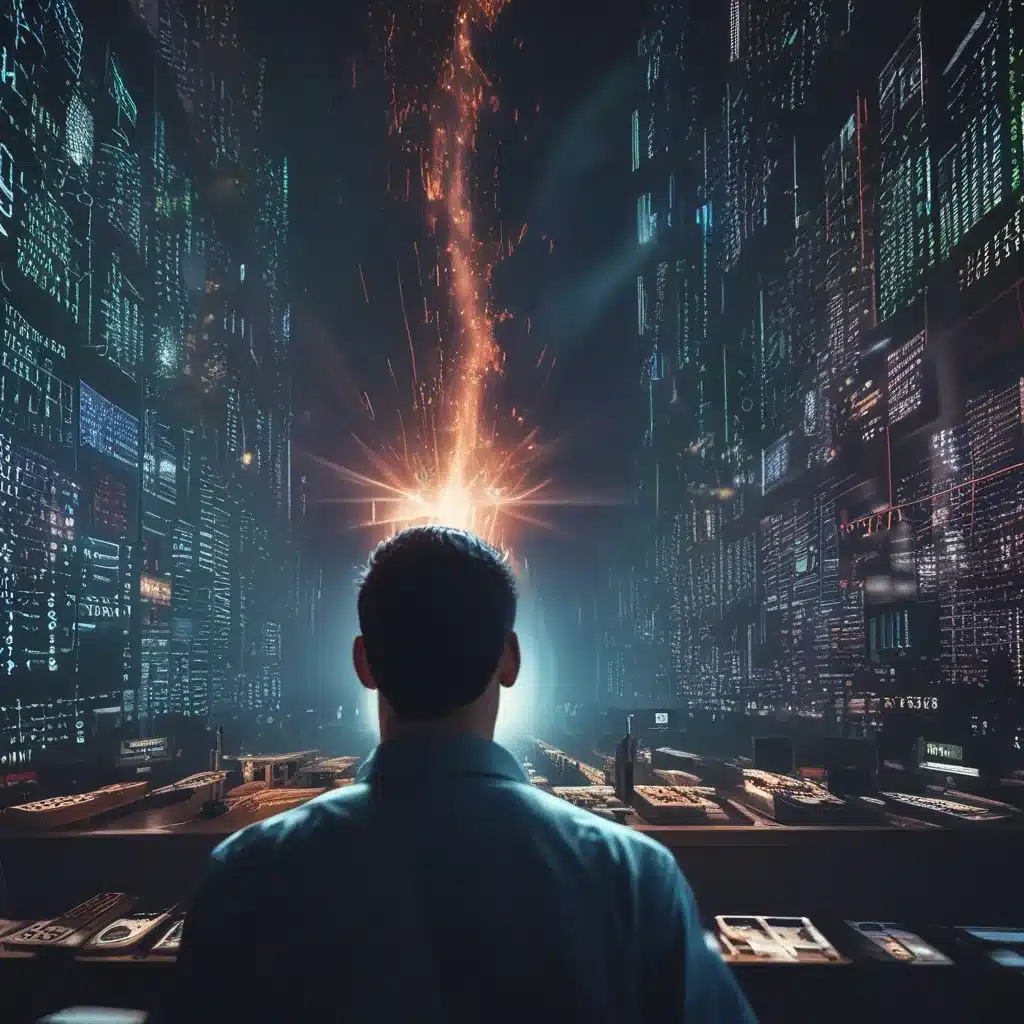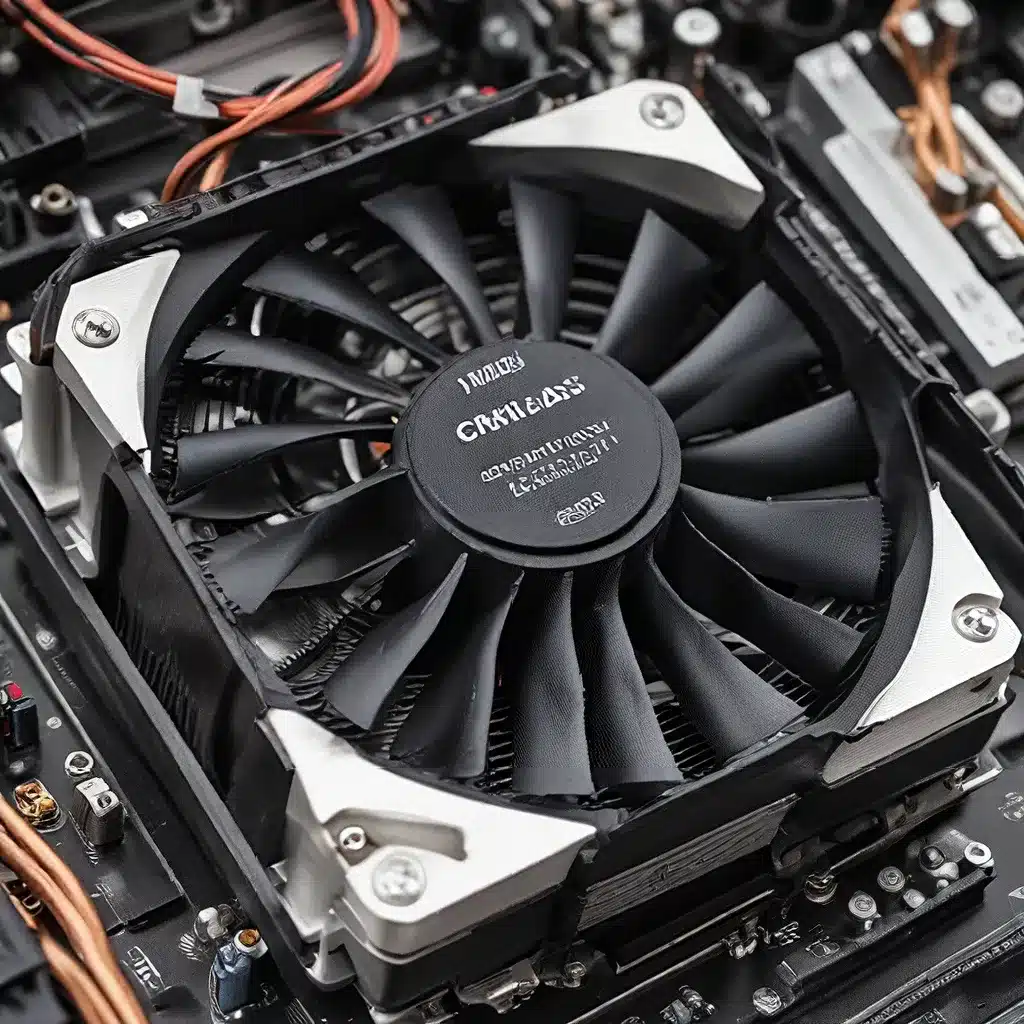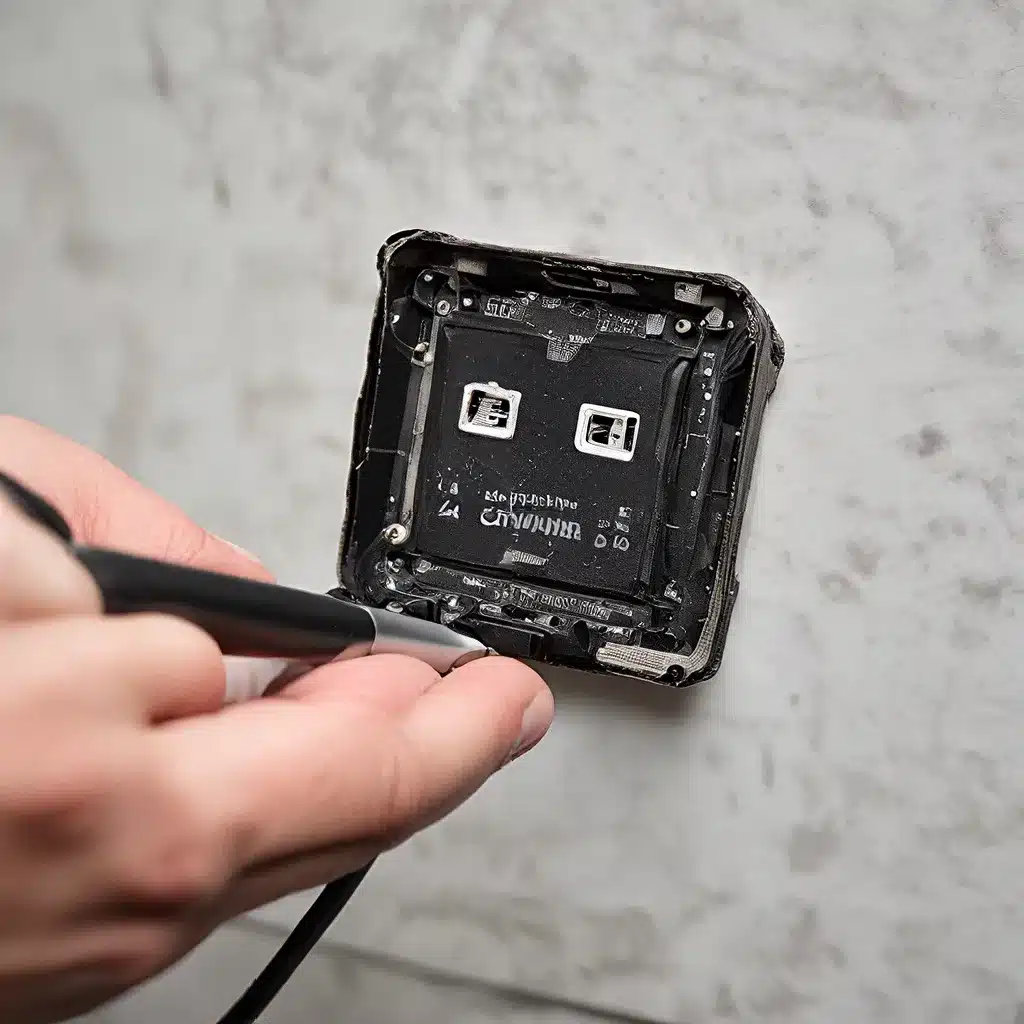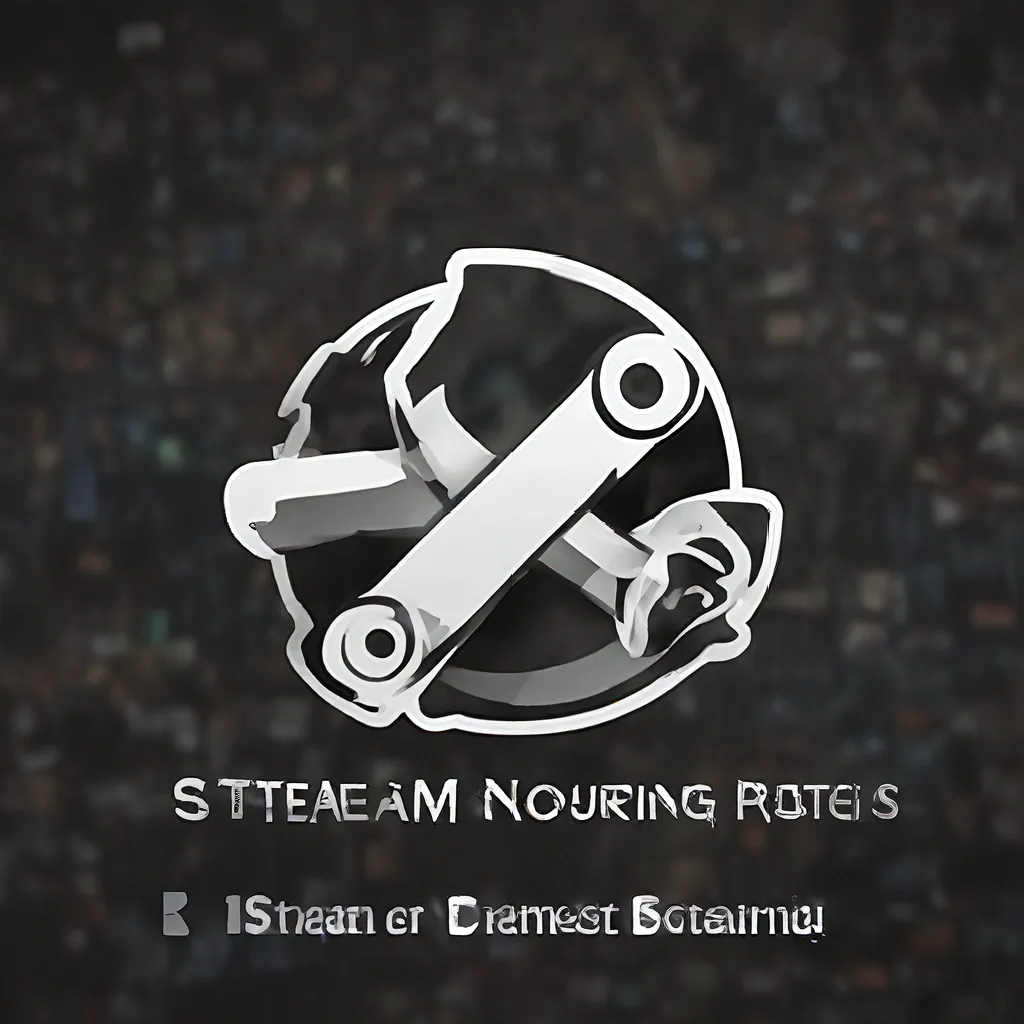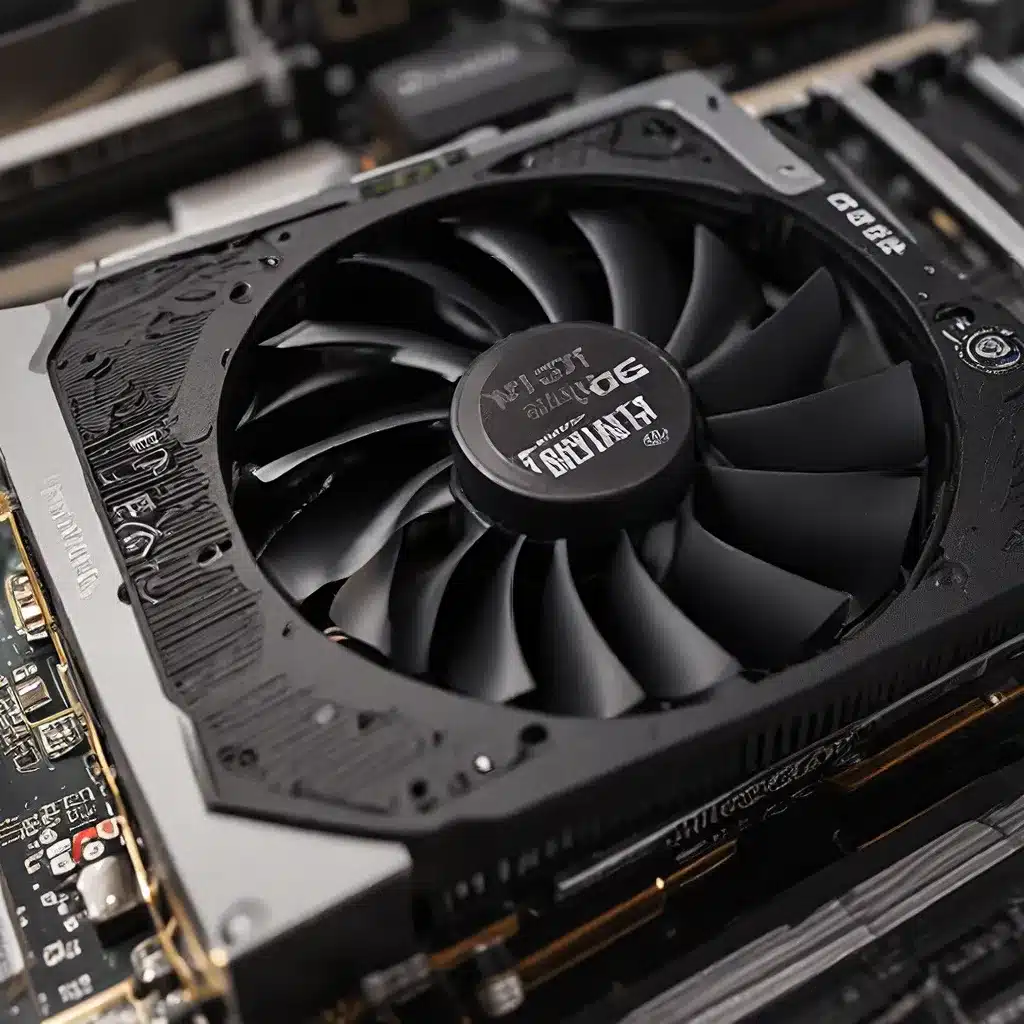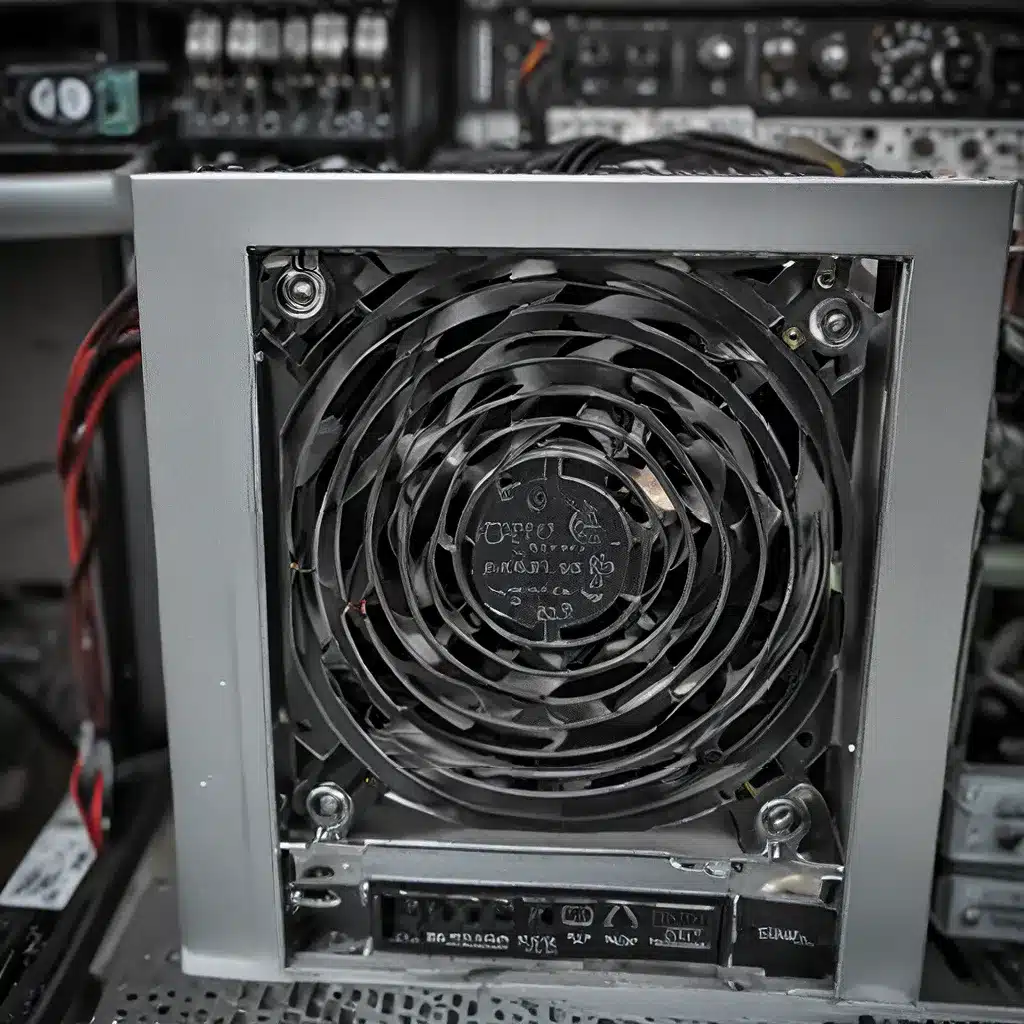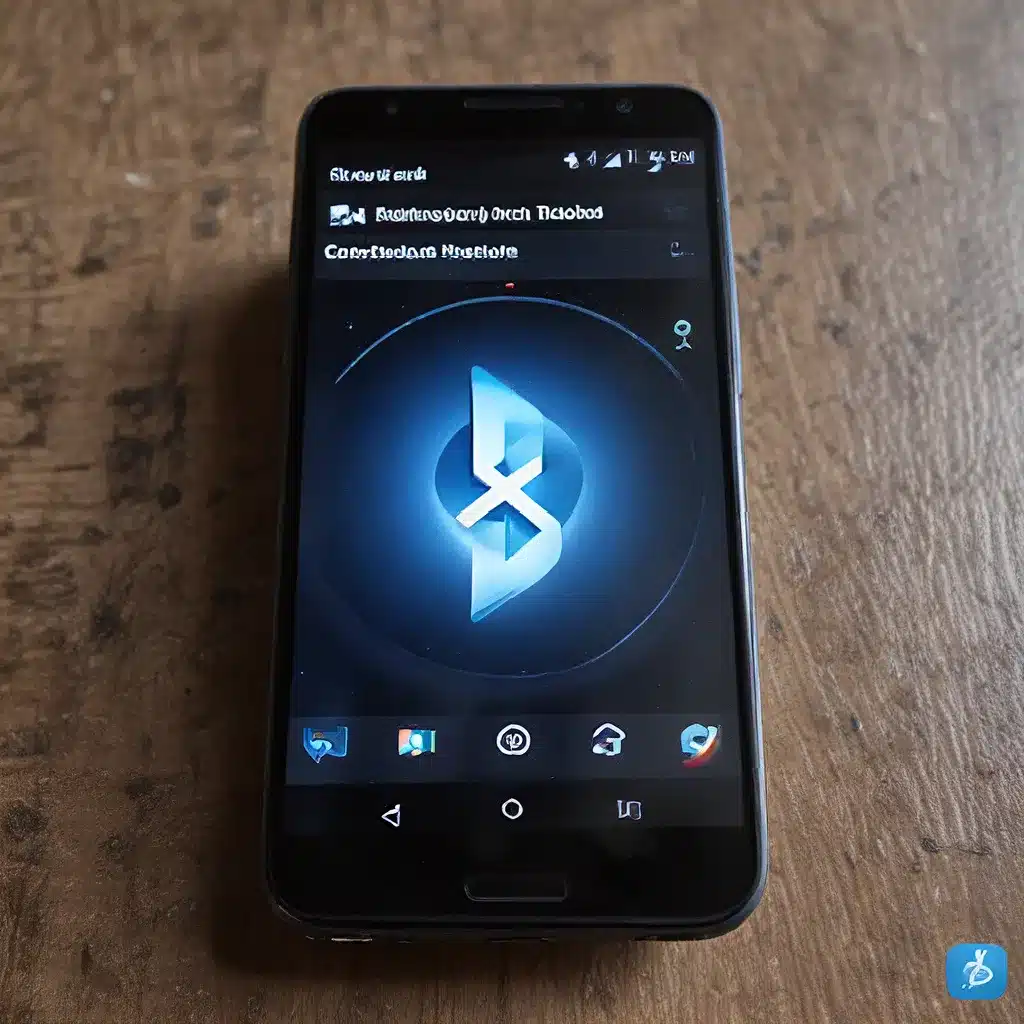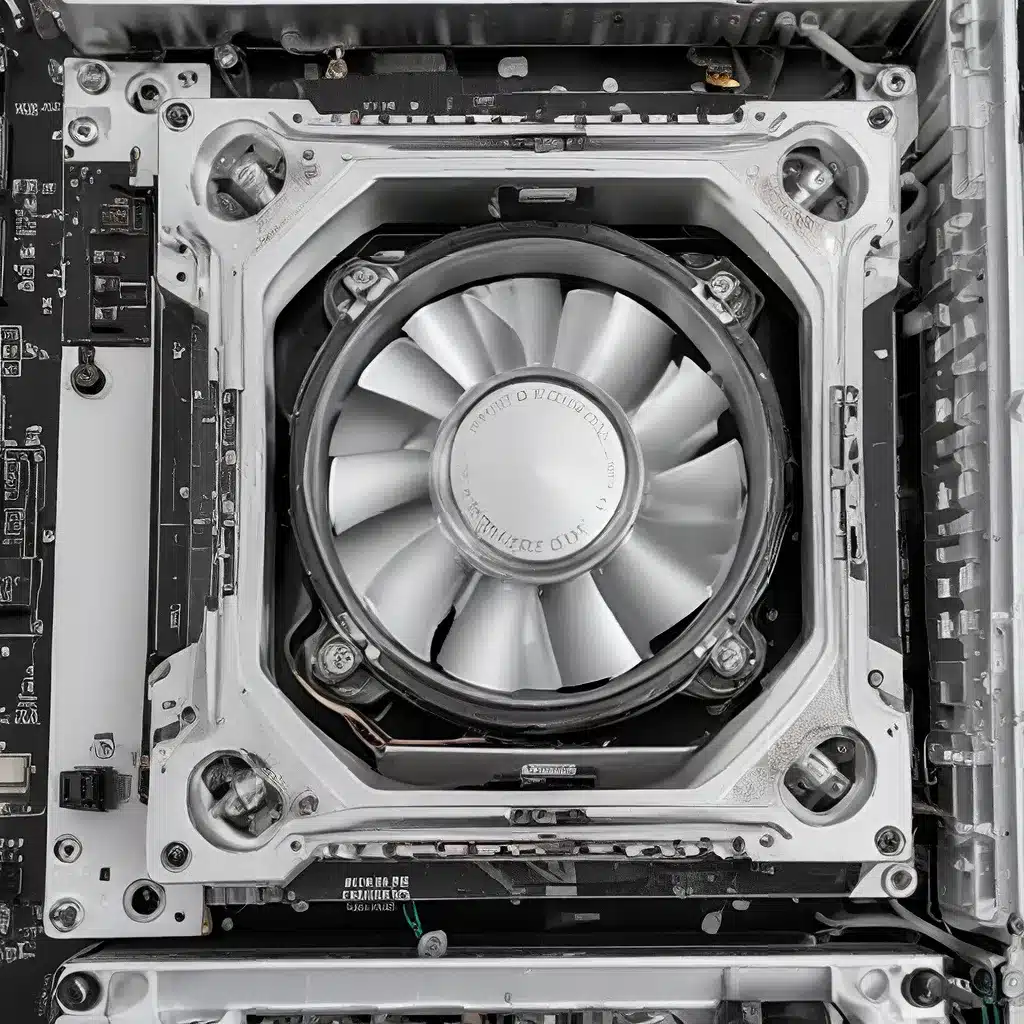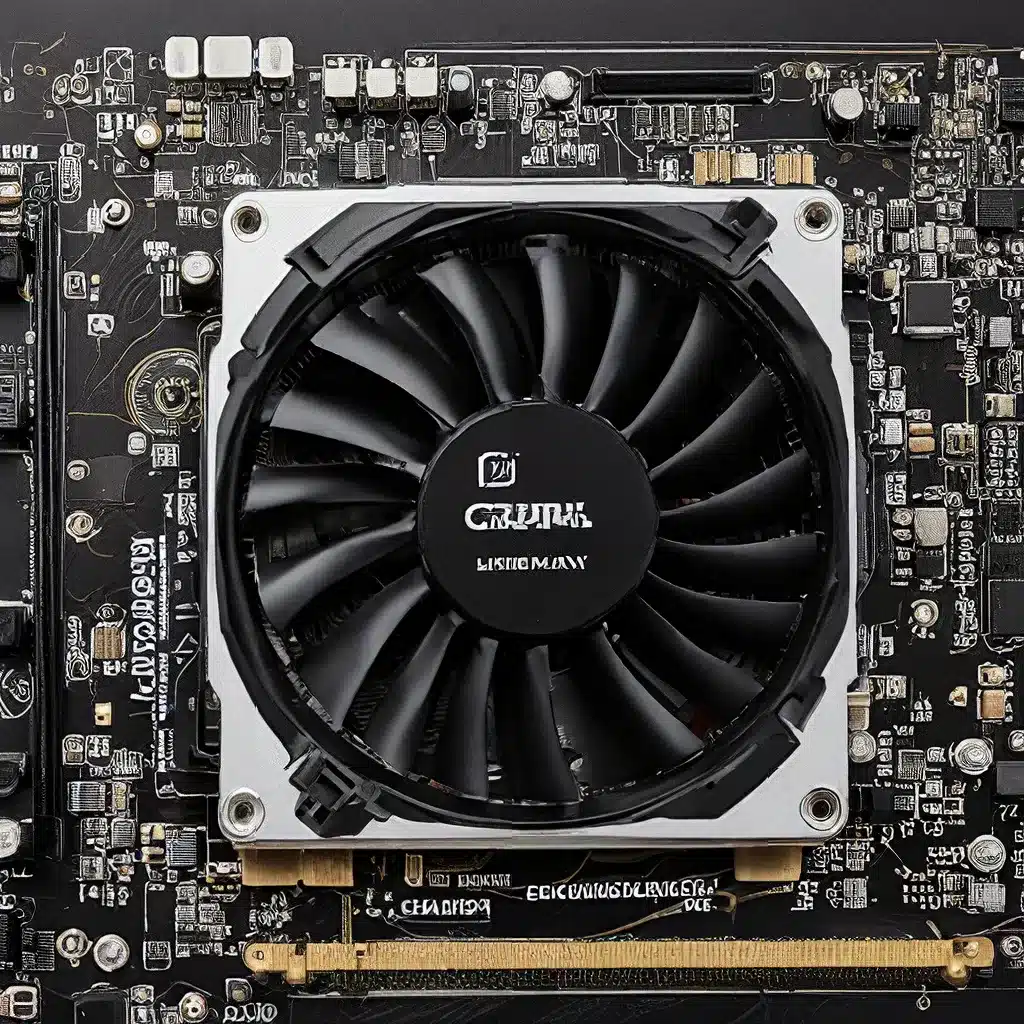What If This Isn’t Real?
I’ve always been drawn to the concept of living in a simulated reality. Ever since I first watched The Matrix as a teenager, the idea of our world being nothing more than an elaborate computer program has captivated my imagination. And with the events of 2020 unfolding in such a seemingly implausible way, I can’t help but wonder… are we actually living in a simulation?
Now, I know what you’re thinking – “This guy’s gone off the deep end. Next, he’s going to be telling me the lizard people control the government.” But hear me out. There’s actually a lot of compelling evidence that suggests our reality may not be as “real” as we think.
The Simulation Hypothesis
The simulation hypothesis is the idea that our entire universe, including the planet we live on, the people we interact with, and the very thoughts in our heads, are all part of an immensely complex computer simulation. This theory was first popularized by philosopher Nick Bostrom in a 2003 paper, where he argued that at least one of the following three propositions must be true:
- The human species is very likely to go extinct before reaching a “posthuman” stage.
- Any posthuman civilization is extremely unlikely to run a significant number of simulations of their evolutionary past.
- We are almost certainly living in a computer simulation.
In other words, if humanity manages to survive long enough to develop the technology to create simulated realities indistinguishable from our own, the chances are high that we’re already living in one of those simulations.
According to physicist and futurist Dr. Michio Kaku, the simulation hypothesis is plausible because of the sheer computational power that advanced civilizations might one day possess. He argues that as technology progresses, we’re getting closer and closer to creating our own simulated worlds, complete with conscious beings. And if we can do it, he says, then it’s entirely possible that a more advanced civilization has already done the same thing to us.
The Glitches in the Matrix
Okay, so the simulation hypothesis sounds intriguing, but you’re probably still not convinced. After all, our reality feels pretty darn real, doesn’t it? Well, that’s exactly what the simulation designers want us to think. But if you start looking closely, there are actually a lot of “glitches” in the matrix that suggest something more is going on.
For starters, consider the strange phenomenon of déjà vu. When you get that uncanny feeling that you’ve experienced a moment before, it could be a sign that the simulation is struggling to keep up with the endless permutations of our choices and actions. The programmers have to resort to reusing certain code snippets, and our brains pick up on these subtle repetitions.
Then there’s the puzzling behavior of quantum particles. At the subatomic level, matter doesn’t behave the way we’d expect it to in a “real” physical world. Particles can be in two places at once, disappear and reappear elsewhere, and even respond to observations made by the experimenter. These phenomena strongly suggest that reality is not fundamental, but rather an emergent property of an underlying simulation.
And let’s not forget about the strange coincidences and “glitches” that seem to pop up in our everyday lives. How many times have you thought of a friend, only to have them call you moments later? Or discovered that two completely unrelated events are inexplicably linked? These sorts of strange occurrences become much more plausible if we’re living in a simulation where the programmers are occasionally slipping up.
The Uncanny Events of 2020
If you’re still not convinced, consider the events of 2020. A global pandemic that brought the world to a screeching halt, murder hornets invading North America, and a highly contentious US presidential election that left the country more divided than ever. Throw in the meteoric rise of TikTok, the GameStop stock market frenzy, and the debuts of next-gen gaming consoles, and it starts to feel like the simulation designers are really starting to mess with us.
I mean, come on – a global health crisis that forces everyone to stay indoors and socially distance? Killer insects from Asia suddenly appearing in the West? A presidential election that’s so chaotic and polarizing it makes the plot of a dystopian sci-fi novel look tame? It’s almost as if the simulation’s developers are intentionally throwing in these bizarre, improbable events to see how we’ll react.
And let’s not forget the sheer scale and interconnectedness of modern life. The fact that a virus can spread across the entire planet in a matter of months, or that the decisions of a few people in Washington can affect the lives of billions, is truly mind-boggling. It’s almost as if our world is being controlled by an advanced, omniscient system – one that’s far beyond the capabilities of any individual human being.
The Implications of Living in a Simulation
Okay, so let’s say we are living in a simulation. What are the implications of that revelation? Well, for starters, it would mean that the nature of reality as we understand it is fundamentally different from what we’ve been led to believe. Everything from our thoughts and emotions to the physical laws that govern the universe could be just lines of code in a colossal computer program.
And if that’s the case, it raises all sorts of existential questions. Are we truly free, or are our actions and choices pre-determined by the simulation’s programming? Do we have genuine autonomy, or are we simply following a script? And perhaps most importantly, what is the purpose of our simulated existence? Are we here for the entertainment of the simulation’s creators? Are we just beta-testers in their grand experiment?
These are the kinds of deep, unsettling questions that the simulation hypothesis inevitably leads to. And the answers, or lack thereof, could have profound implications for how we view ourselves, our place in the universe, and the very nature of consciousness.
Embracing the Uncertainty
Now, I know this all sounds pretty heavy and overwhelming. The idea that our entire reality could be an elaborate ruse can be deeply unsettling. But I actually find a certain freedom in embracing the uncertainty.
After all, if we are living in a simulation, it means that the rules of our existence are potentially malleable. The limitations and constraints we assume to be fundamental may actually be just lines of code that can be rewritten or even entirely overridden. Imagine the implications for things like disease, aging, and even death – if we’re in a simulation, perhaps those are just bugs that can be patched or features that can be altered.
And even if we can’t change the underlying programming, the mere possibility of living in a simulation should inspire us to approach life with a greater sense of wonder and curiosity. If our reality is indeed artificial, then everything we experience – from the beauty of a sunset to the depth of human connection – takes on an even more profound and remarkable quality.
At the end of the day, whether we’re living in a simulation or not, the important thing is to make the most of the experience. To find joy and meaning in the present moment, to constantly seek out new discoveries and experiences, and to treat each other with empathy and compassion. Because, simulation or not, we’re all in this together.
So the next time you feel that uncanny sense of déjà vu, or witness some strange quantum phenomenon, don’t freak out. Instead, take a moment to ponder the possibility that reality as we know it might not be as real as we think. And who knows – maybe you’ll discover that the truth is indeed out there… or at least a few lines of code away.

